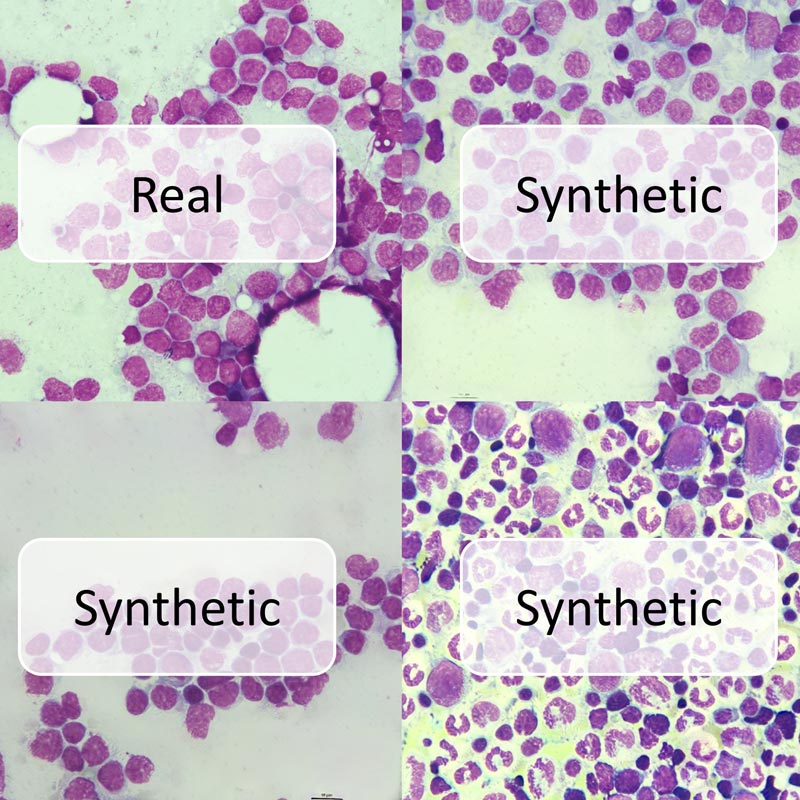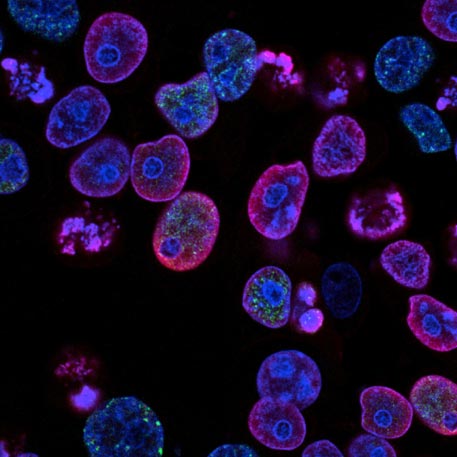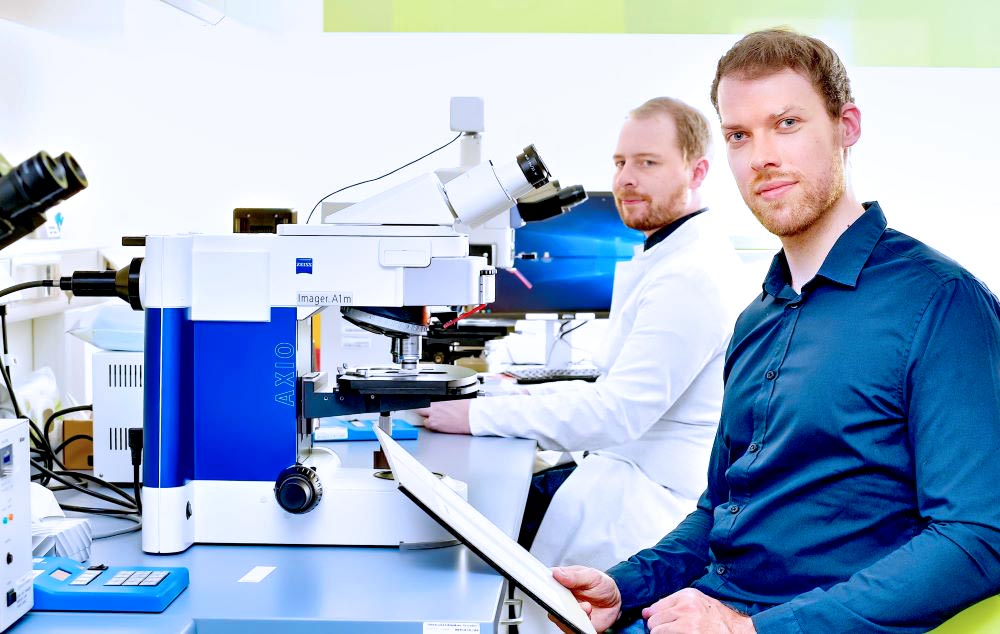Achievement of complete remission signifies a crucial milestone in the therapy of acute myeloid leukemia while refractory disease is associated with dismal outcomes. Hence, accurately identifying patients at risk is essential to tailor treatment concepts individually to disease biology.
We used supervised learning to predict complete remissions and 2-year overall survival in a large multi-center cohort of 1383 leukemia patients who received intensive induction therapy using clinical, laboratory, cytogenetic and molecular genetic data. Our classification algorithms were completely agnostic of pre-existing risk classifications and autonomously selected predictive features both including established markers of favorable or adverse risk as well as identifying markers of so-far controversial relevance.
Preliminary results were presented orally during the 63rd Annual Meeting of the American Society of Hematology in Atlanta.

Citation: Eckardt JN, Röllig C, Kramer M, et al. Prediction of Complete Remission and Survival in Acute Myeloid Leukemia Using Supervised Machine Learning. Blood 2021; 138 (Supplement 1): 108. doi: https://doi.org/10.1182/blood-2021-149582
Link (ASH): https://ash.confex.com/ash/2021/webprogram/Paper149582.html
Link (Blood): https://ashpublications.org/blood/article/138/Supplement%201/108/477567/Prediction-of-Complete-Remission-and-Survival-in






